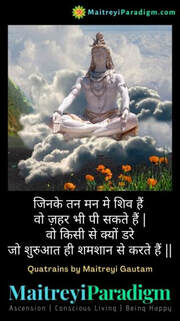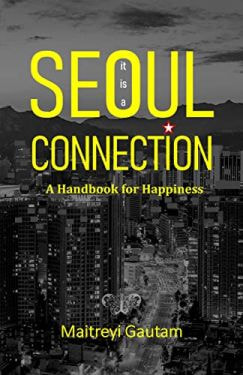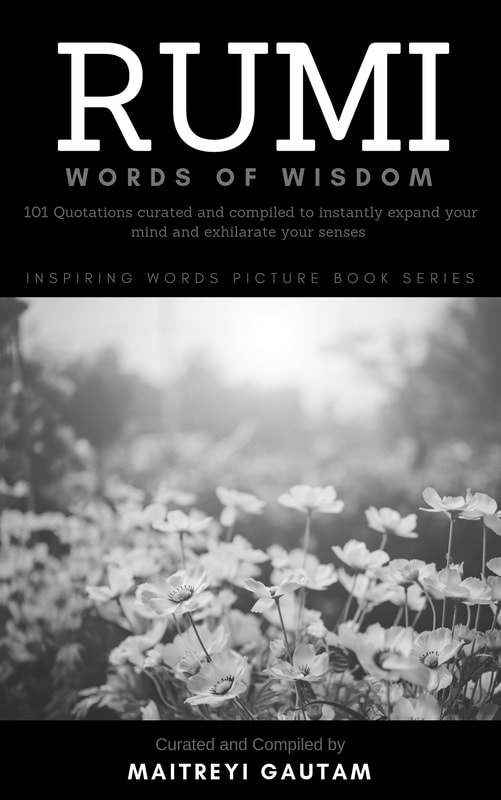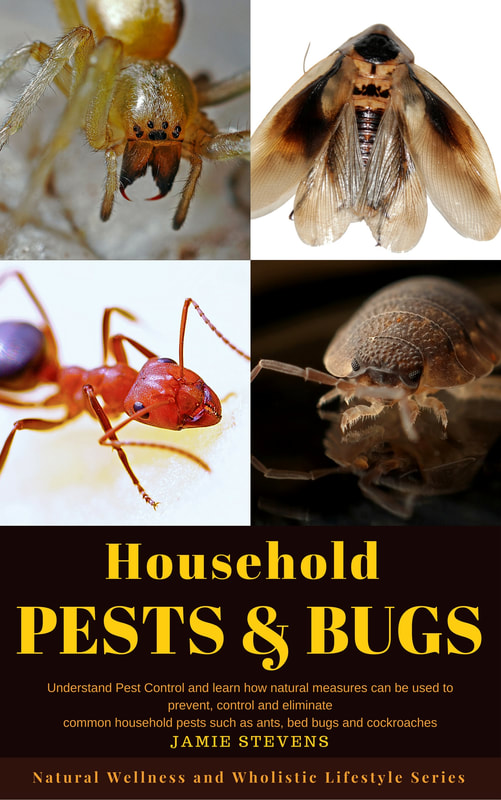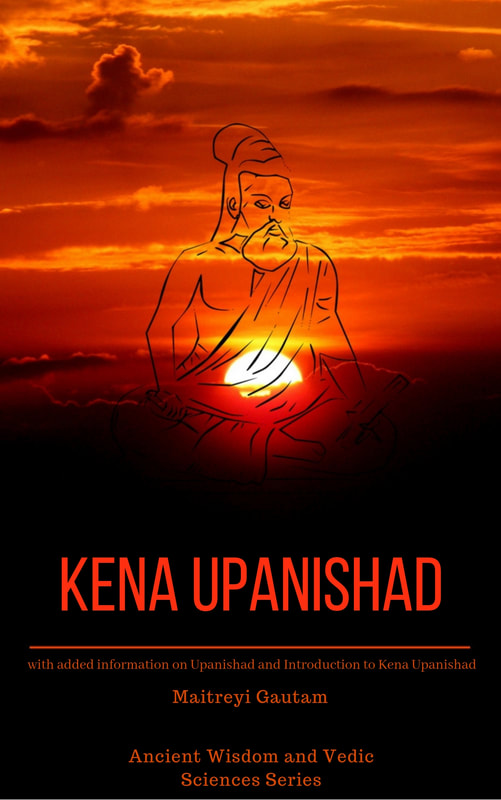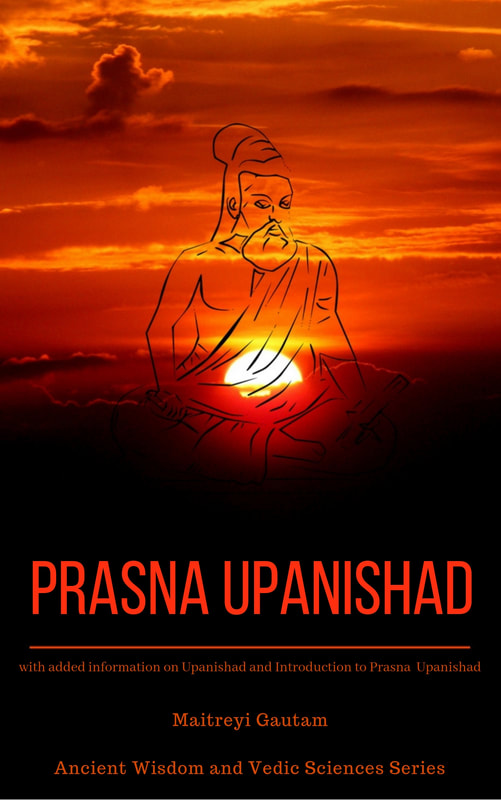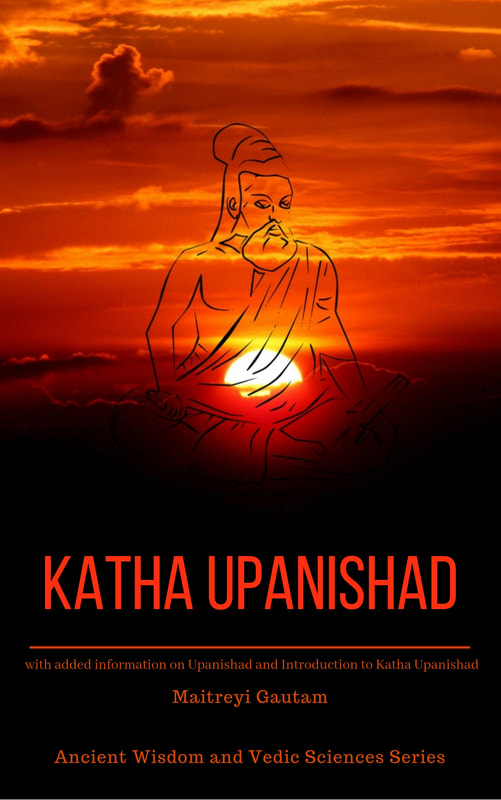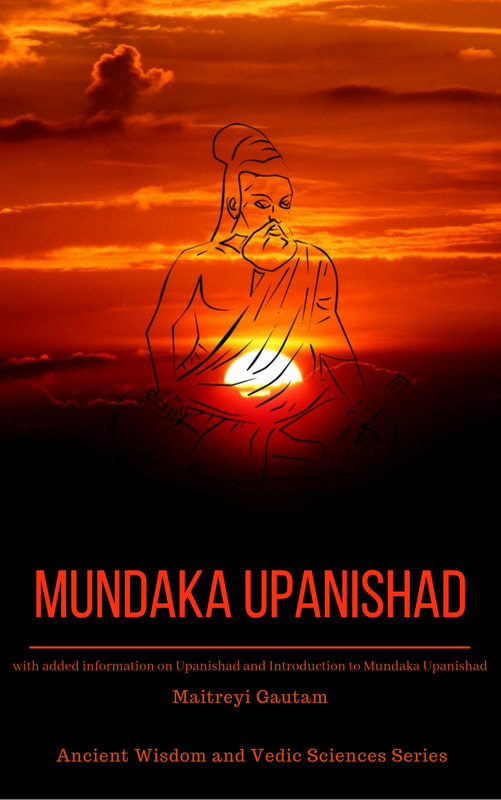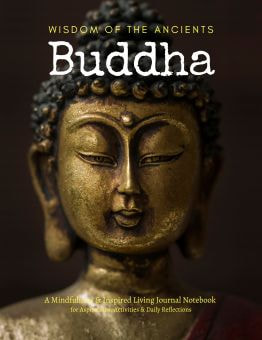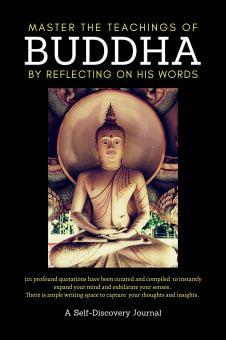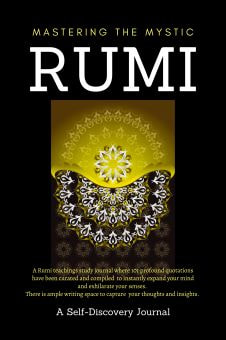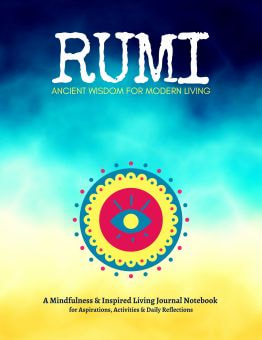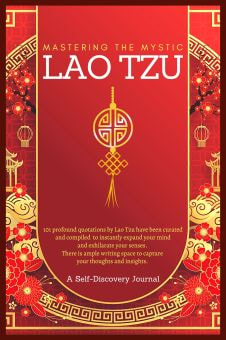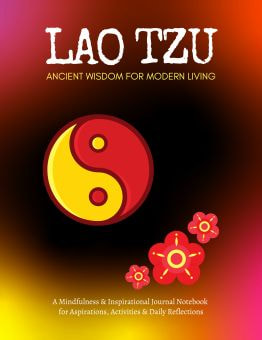Bhai Dooj, also known as Bhai Tika or Bhai Phonta in different parts of India, is a Hindu festival that celebrates the bond between brothers and sisters. It falls on the second lunar day of Shukla Paksha (the bright fortnight) in the Hindu calendar month of Kartika, usually two days after Diwali.
The festival of Bhai Dooj holds a special place in the hearts of siblings and is similar in spirit to Raksha Bandhan, another festival that celebrates the brother-sister bond. On this day, sisters pray for the long life and well-being of their brothers, while brothers offer gifts and promise to protect their sisters.
The rituals of Bhai Dooj vary across different regions but generally follow a similar pattern. On this day, sisters invite their brothers to their homes. The ceremony starts with the sisters applying a tilak or tika on their brothers' foreheads, which is a mixture made of sandalwood paste, rice grains, and vermilion powder. This act is believed to ward off evil and to protect the brother from harm. Sisters then perform an aarti, a ritual in which a plate with lighted lamps is rotated around the brother's face, symbolizing the removal of darkness and the bringing of light into his life.
After the aarti, sisters offer sweets to their brothers, which are often homemade and include a variety of delicacies. In return, brothers give gifts to their sisters as a token of their love and appreciation. This exchange of gifts and sweets strengthens the bond between siblings.
Bhai Dooj is not just a religious festival but also a day for family reunions. Siblings who are geographically separated make it a point to meet on this day, reflecting the importance of family ties in the Indian culture. The festival is also a time for sharing meals, exchanging stories, and enjoying time together.
The essence of Bhai Dooj lies in its celebration of the unique and enduring relationship between brothers and sisters. It is a day that reinforces mutual respect between the brother and sister, affection as well as care, which are foundational values in Indian society and familial relationships.
The festival of Bhai Dooj holds a special place in the hearts of siblings and is similar in spirit to Raksha Bandhan, another festival that celebrates the brother-sister bond. On this day, sisters pray for the long life and well-being of their brothers, while brothers offer gifts and promise to protect their sisters.
The rituals of Bhai Dooj vary across different regions but generally follow a similar pattern. On this day, sisters invite their brothers to their homes. The ceremony starts with the sisters applying a tilak or tika on their brothers' foreheads, which is a mixture made of sandalwood paste, rice grains, and vermilion powder. This act is believed to ward off evil and to protect the brother from harm. Sisters then perform an aarti, a ritual in which a plate with lighted lamps is rotated around the brother's face, symbolizing the removal of darkness and the bringing of light into his life.
After the aarti, sisters offer sweets to their brothers, which are often homemade and include a variety of delicacies. In return, brothers give gifts to their sisters as a token of their love and appreciation. This exchange of gifts and sweets strengthens the bond between siblings.
Bhai Dooj is not just a religious festival but also a day for family reunions. Siblings who are geographically separated make it a point to meet on this day, reflecting the importance of family ties in the Indian culture. The festival is also a time for sharing meals, exchanging stories, and enjoying time together.
The essence of Bhai Dooj lies in its celebration of the unique and enduring relationship between brothers and sisters. It is a day that reinforces mutual respect between the brother and sister, affection as well as care, which are foundational values in Indian society and familial relationships.



